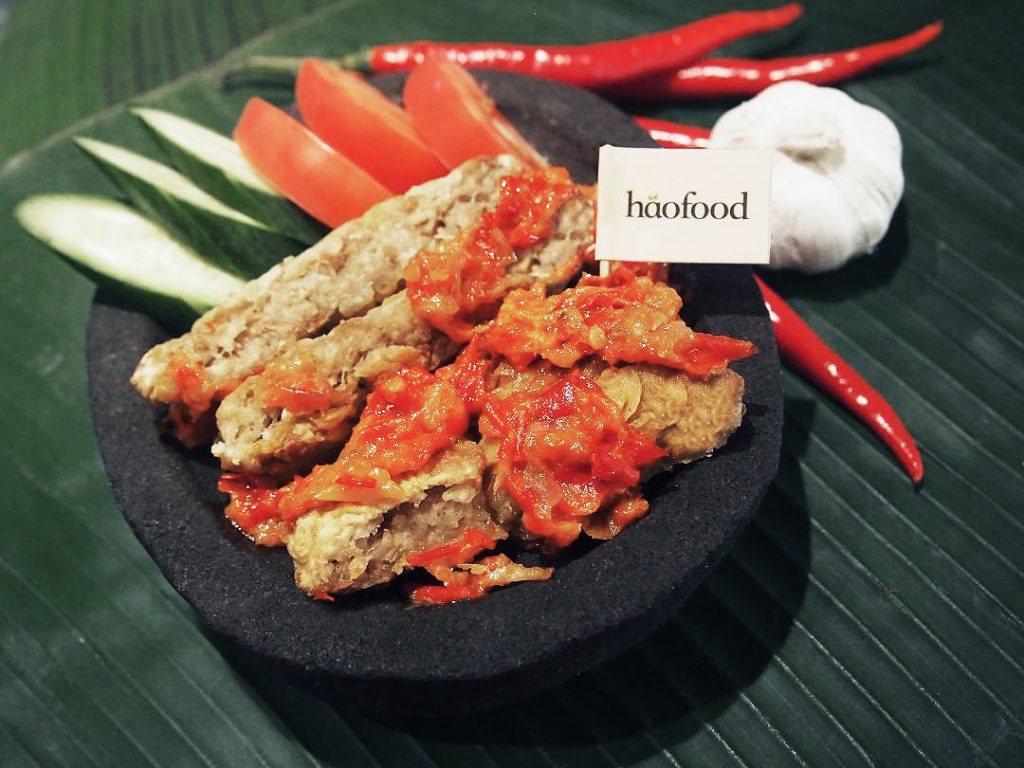What does your startup do and what is your mission?
Astrid: We started with the aspiration of helping foodies reduce their meat consumption without losing the pleasure of eating the familiar dishes that they love. That’s why we are developing a plant-based chicken that is specifically designed to be cooked as Asian fried chicken. Our mission is to ensure that eating good, plant-based food is possible.
Our definition of good food is tasty and nutritious products that are healthy, safe to eat, environmentally friendly, and free from animal cruelty. We are committed to giving consumers the foods that they crave, particularly comfort foods, but delivered in a way that’s good for people and the planet.




